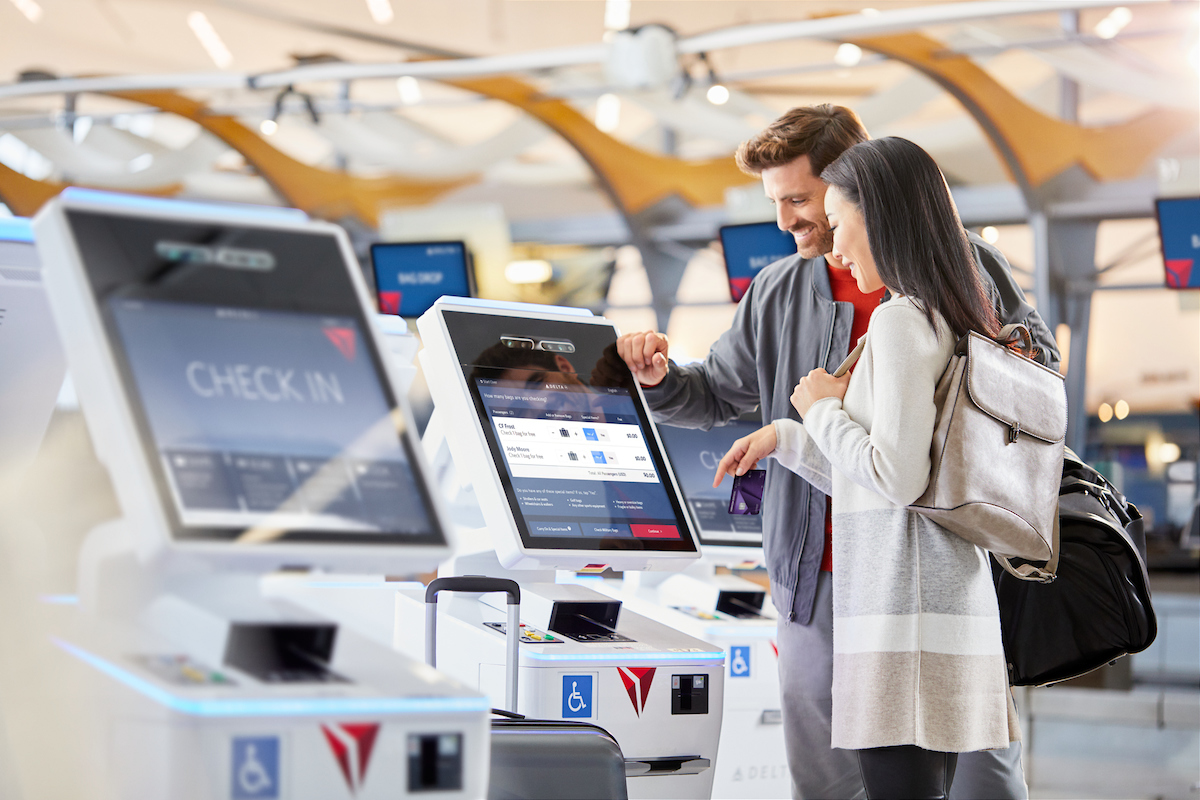Singapore Changi Airport’s AI Trials Target 50 Percent Faster Checks
An innovative trial is underway at the major Southeast Asian hub and has shown promising signs so far
by Samir Kadri
November 27, 2023
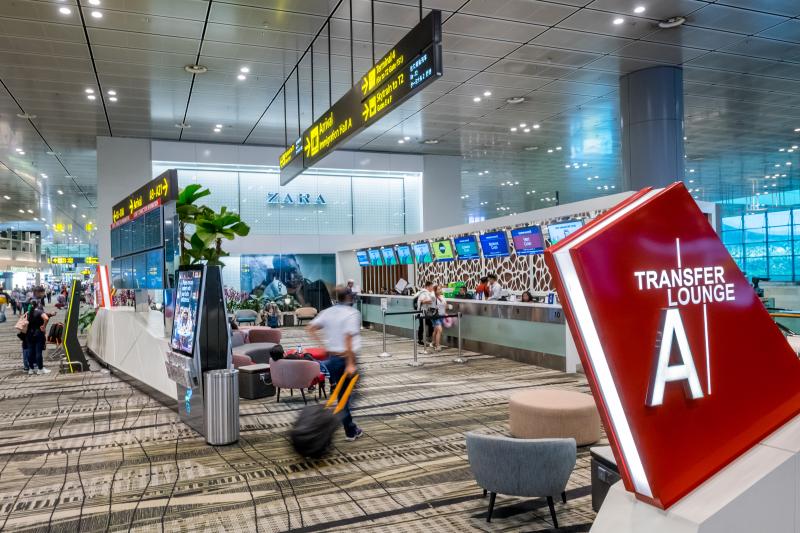
Photo: Courtesy of Singapore Changi Airport
Singapore Changi Airport (SIN) is seeking to improve its security screening process with a new trial that aims to make checks up to 50 percent more efficient.
Changi Airport Group (CAG) is currently experimenting with using artificial intelligence (AI) and machine learning to enhance the speed and precision of security checks at Terminal 3 of Changi Airport.
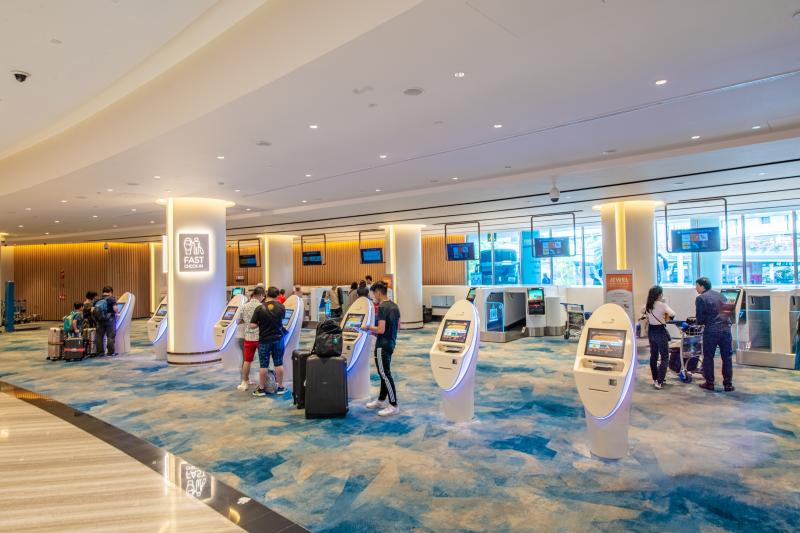
Photo: Courtesy of Singapore Changi Airport
Now, carry-on baggage screening technology depends on X-ray machines to produce two-dimensional (2D) images, which are then scrutinized by security personnel for prohibited items. However, the time-consuming nature of this process and the dependence on many moving parts have been subject to question in recent times. Security screening procedures generally require more staff than other security checkpoints within airports.
However, the need to ensure that no prohibited items – such as ammunition, sharp objects, and dangerous substances – are taken onboard flights means these X-ray machines have been deployed dutifully in airports worldwide.
The CAG team hopes the older security technology can be replaced with newer computed tomography X-ray capabilities, which are being trialed at Terminal 3. This new technology, called the Automated Prohibited Items Detection System (APIDS), provides high-quality three-dimensional (3D) images for analysis.
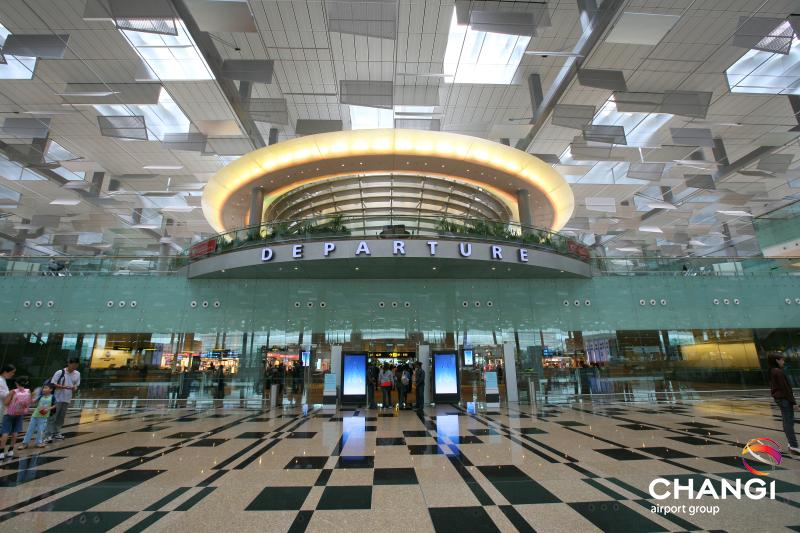
Photo: Courtesy of Singapore Changi Airport
APIDS uses AI and machine learning algorithms to identify items that could be a security risk automatically. The system analyzes a large amount of data to recognize patterns and anomalies, flagging items it has been trained to recognize. This leads to reduced human error and significantly reduced time required for security officers to process images.
Passengers can benefit from keeping electronic possessions, such as laptops, in their carry-on luggage during inspection. The 3D images generated by APIDS provide more information, leading to an enhanced security outcome.
The trial at Changi Airport (SIN) has yielded promising results thus far, and as the technology is honed, Changi will aim to expand its use across the airport. This will enable manpower to be redistributed across the airport and improve the speed of security checks by up to 50 percent.
However, CAG recognizes its challenges in security screening, with increasing numbers of passengers and a growing number of potentially dangerous items.
Changi Back On Track
Changi Airport (SIN) has seen a swelling in passenger traffic numbers in recent years, with September 2023 reaching 89 percent of 2019 pre-pandemic levels, as roughly 4.87 million passengers traveled through the airport.
The current trials focus on improving APIDS functionality, reducing false alarms and other defects, and expanding the list of prohibited items. The AI system must be trained to detect only banned items, as customers will quickly tire of the delays accompanying false alarms.
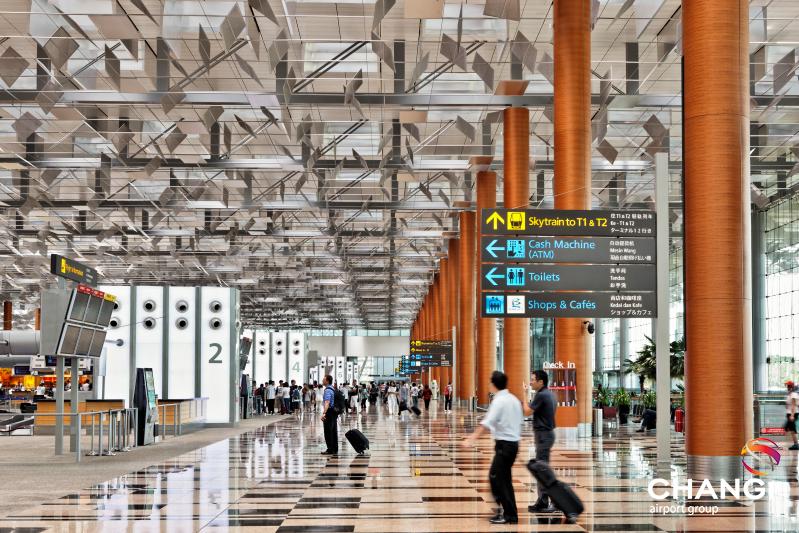
Photo: Courtesy of Singapore Changi Airport
Testing protocols have been rolled out by the European Civil Aviation Conference (ECAC) to assess whether APIDS created by external software developers meet international security standards set by the International Civil Aviation Organization (ICAO).
AI-powered innovation is set to revolutionize airport security worldwide, but many hurdles remain. Trials such as this one at Changi Airport must ensure that technology is tested thoroughly, used carefully, and comprehensively optimized to provide customers with a safe, seamless experience.
